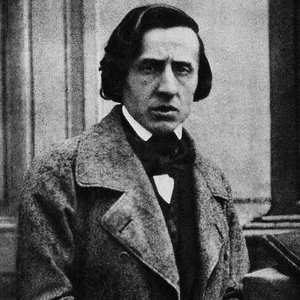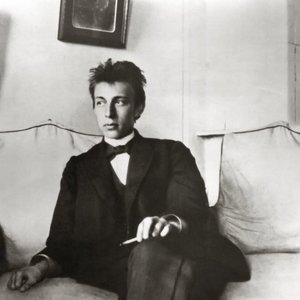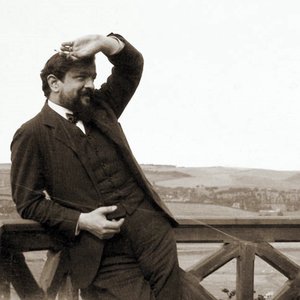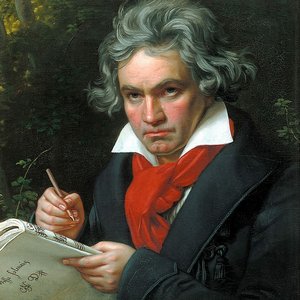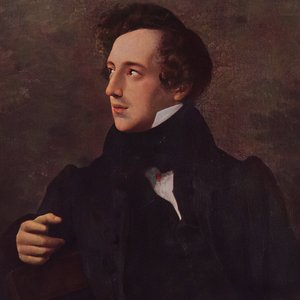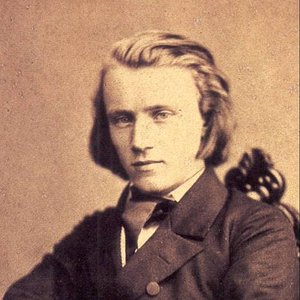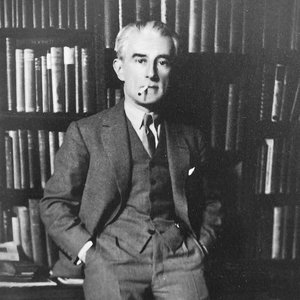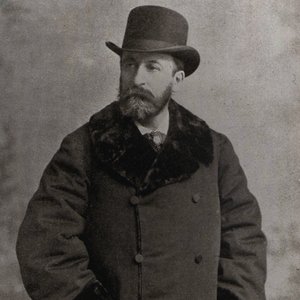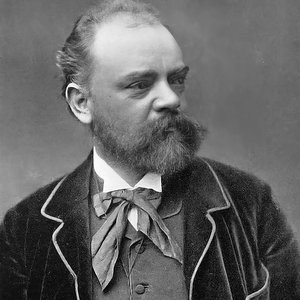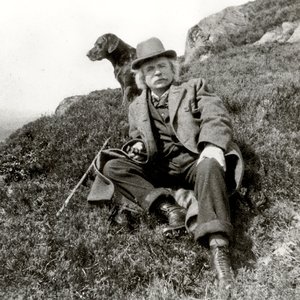Biography
-
Born
22 October 1811
-
Born In
Raiding, Burgenland, Austria
-
Died
31 July 1886 (aged 74)
Franz Liszt (22 October 1811 – 31 July 1886) was a Hungarian composer, virtuoso pianist, conductor, and teacher of the Romantic period. With a career spanning over six decades, he produced a substantial and varied body of work and is considered one of the most prolific and influential composers of his time. His piano compositions remain widely performed and recorded.
Liszt began his career as a concert pianist at a young age, studying under Carl Czerny and Antonio Salieri. He achieved widespread fame during his tours across Europe in the 1830s and 1840s, becoming renowned for his extraordinary technical skill and charismatic stage presence. His popularity gave rise to the term "Lisztomania," describing the intense public enthusiasm he generated, which surpassed that of earlier virtuoso performers.
Throughout his life, Liszt maintained friendships with and supported many composers of his era, including Hector Berlioz, Frédéric Chopin, Robert Schumann, Clara Schumann, and Richard Wagner. He helped promote their music through performances and adaptations. He introduced the terms "transcription" and "paraphrase" to describe his arrangements of works by other composers, which he often performed to bring their music to wider audiences. He was also closely associated with the New German School, a group of progressive composers advocating for programmatic music and advanced harmonic techniques, and was a key figure in the so-called "War of the Romantics."
Liszt was a dedicated teacher, instructing hundreds of piano students, many of whom went on to become successful musicians. He is credited with introducing the concept of the masterclass as a formal method of teaching. His compositions had a lasting influence on his contemporaries and anticipated developments in modern music. Notable contributions include the creation of the symphonic poem, the use of thematic transformation, and early forms of musical Impressionism. In his later years, Liszt experimented with atonality, foreshadowing elements of 20th-century classical music.
He is best remembered for his original piano works, including the "Hungarian Rhapsodies," "Années de pèlerinage," "Transcendental Études," "La campanella," and the "Piano Sonata in B minor."
Artist descriptions on Last.fm are editable by everyone. Feel free to contribute!
All user-contributed text on this page is available under the Creative Commons Attribution-ShareAlike License; additional terms may apply.
